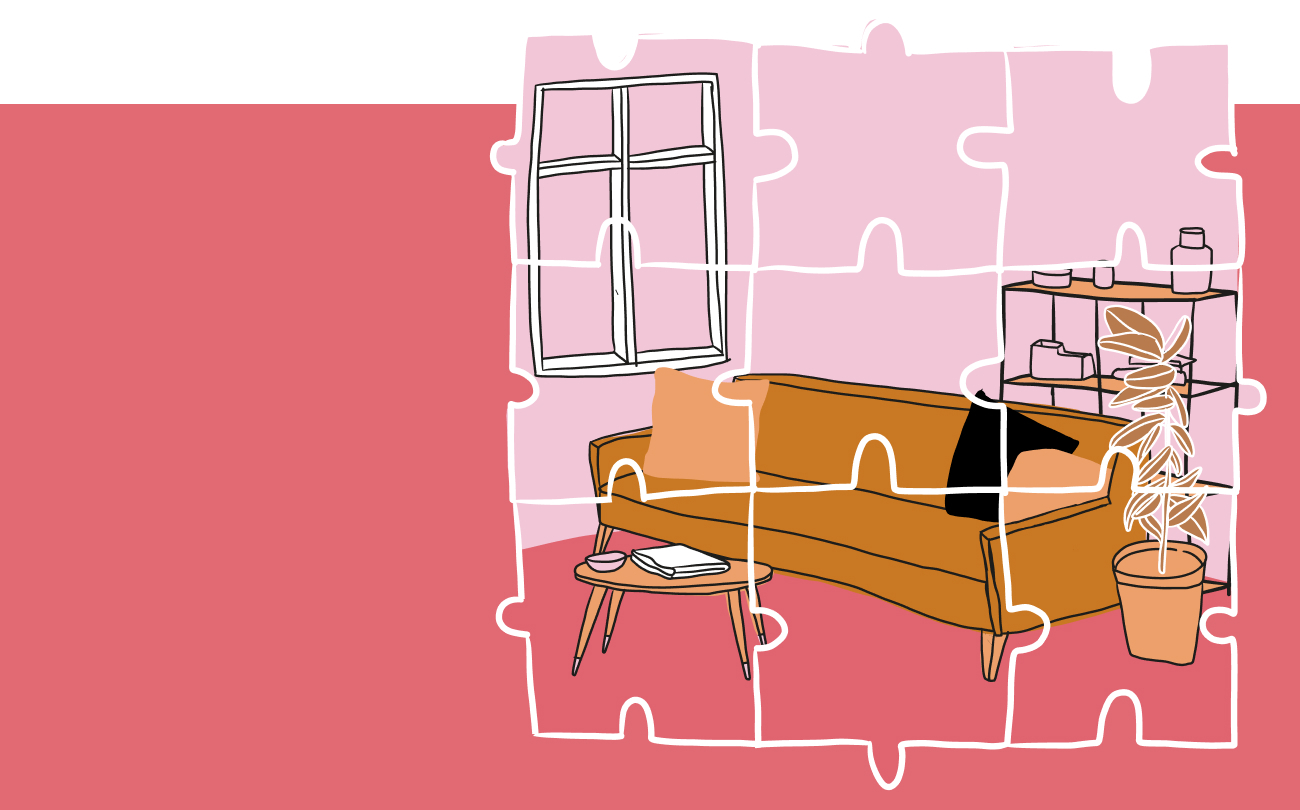Condominium ownership
Condominium ownership / Wohnungseigentum
October 18, 2022
What is condominium ownership?
According to German law, the person who acquires ownership of a plot of land also acquires ownership of the things firmly attached to the land, "in particular buildings", § 94 BGB. Legally correct, only the land is acquired, not the buildings on it - these automatically become the property of the acquirer.
If a whole plot of land is to be acquired, the distinction between "what exactly" is acquired is of no further importance. However, there are cases in which this distinction becomes relevant, because not everyone acquires a whole property. Sometimes "only" a flat, i.e. a part of the house, is to be purchased. This is legally more complicated.
In order to acquire a flat, the property and thus also the building must first be converted into condominium ownership. It is not intended that, for example, "flat first floor right" is acquired - even if it may look that way in practice. This is due to the above-mentioned peculiarity that the owner of the property is the owner of the entire building, so mere ownership of the flat is not legally possible.
The possibility of acquiring only one flat is created by dividing the property into condominiums. Condominium ownership legally consists of two parts. The ownership of the flat is called special ownership; it is the sole property of the flat owner. Special ownership is regulated in section 5 of the Act of the Ownership of Apartment and the Permanent Residential Rights (WEG). The co-ownership share is part of the common property, therefore also called community property - community property is the land as well as parts, installations and facilities of the building that are not in the individual ownership or in the ownership of a third party.

Creation of condominium ownership
In order to acquire condominium ownership, condominium ownership must first exist. An apartment building with several flats does not primarily consist of several parts of condominium ownership. This usually has to be created first. Normally this is done by converting the property into condominium ownership.
There are two possible types of conversion. The property to be divided is called the "master property". In the first possibility, the master plot belongs to several owners as co-owners (e.g. spouses). They can grant each other condominium ownership by means of a "granting contract", section 3 WEG. The second possibility is to divide the " master property" into condominiums by means of a "declaration of division" in accordance with section 8 of the WEG, this is also called conversion.
Within the framework of the declaration of division, the property is in principle divided by the number of flats located on it. Each flat is then assigned a co-ownership share in the property. The property is thus divided into specific co-ownership shares associated with the individual flats. Whoever acquires a flat thus acquires a co-ownership share in the property and ownership of the specific flat. The declaration of division further defines exactly what belongs to the flat itself and what belongs to the co-ownership share.
Effects of the conversion
The conversion creates condominium ownership. If the condominium is not sold to a third party by the person(s) converting, the person(s) converting remains the owner.
If it is sold, the transferee as owner initially enters into the rights and obligations of the seller as a party to the tenancy agreement in accordance with section 566 German Civil Code (BGB) ("Purchase does not break tenancy"). Consequently, the tenancy remains in force. Section 577 a (1) BGB stipulates that if the rented flat is converted into condominium, the purchaser may only invoke legitimate interests within the meaning of section 573 (2) no. 2 or 3 BGB after three years have elapsed since the sale. In particular, this restricts the right of the landlord/landlady to terminate the tenancy for own use. The period of section 577 a (1) BGB can be extended up to ten years by ordinance according to section 577 a (2) BGB. For Berlin, the Land legislator has now made use of this authorisation. For notices of termination received by the tenant after 1 October 2013, a ten-year notice blocking period applies throughout Berlin (so-called Kündigungsschutzklausel-Verordnung). Since a change in the law in 2013, the notice blocking period after conversion of the flat into a condominium pursuant to section 577 a (1a) and (2a) also applies if the apartment building is acquired by a civil-law partnership (GbR) and the respective partners claim own use of the individual flats (so-called Munich model).
The conversion is also important because of the tenant's right of first refusal. This is because the conversion gives the tenant a right of first refusal under section 577 BGB.
Milieu protection (Milieuschutz)
In certain areas of Berlin, a so-called "Milieuschutzverordnung" (milieu protection regulation) stipulates that conversion to condominium ownership is not possible without permission.